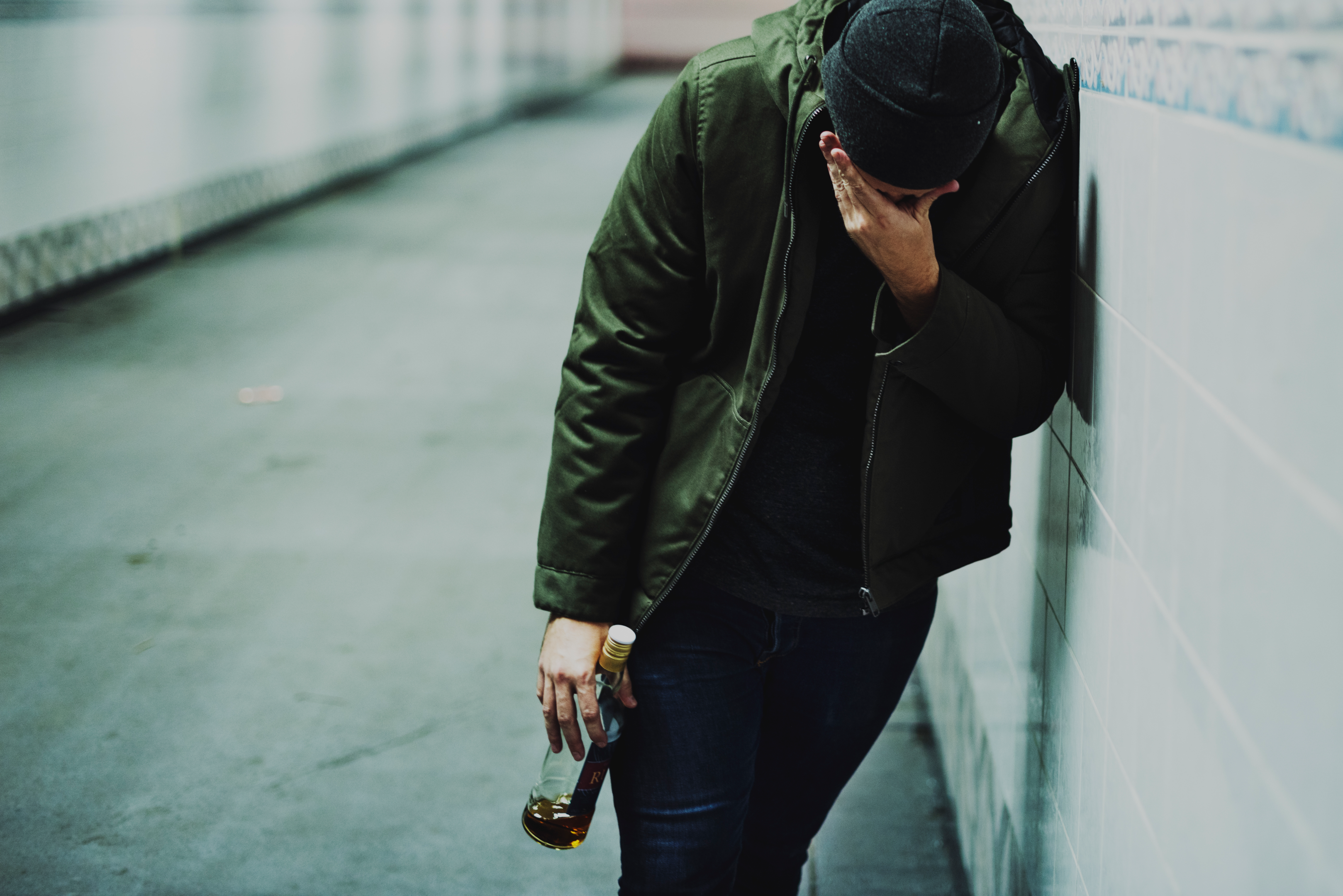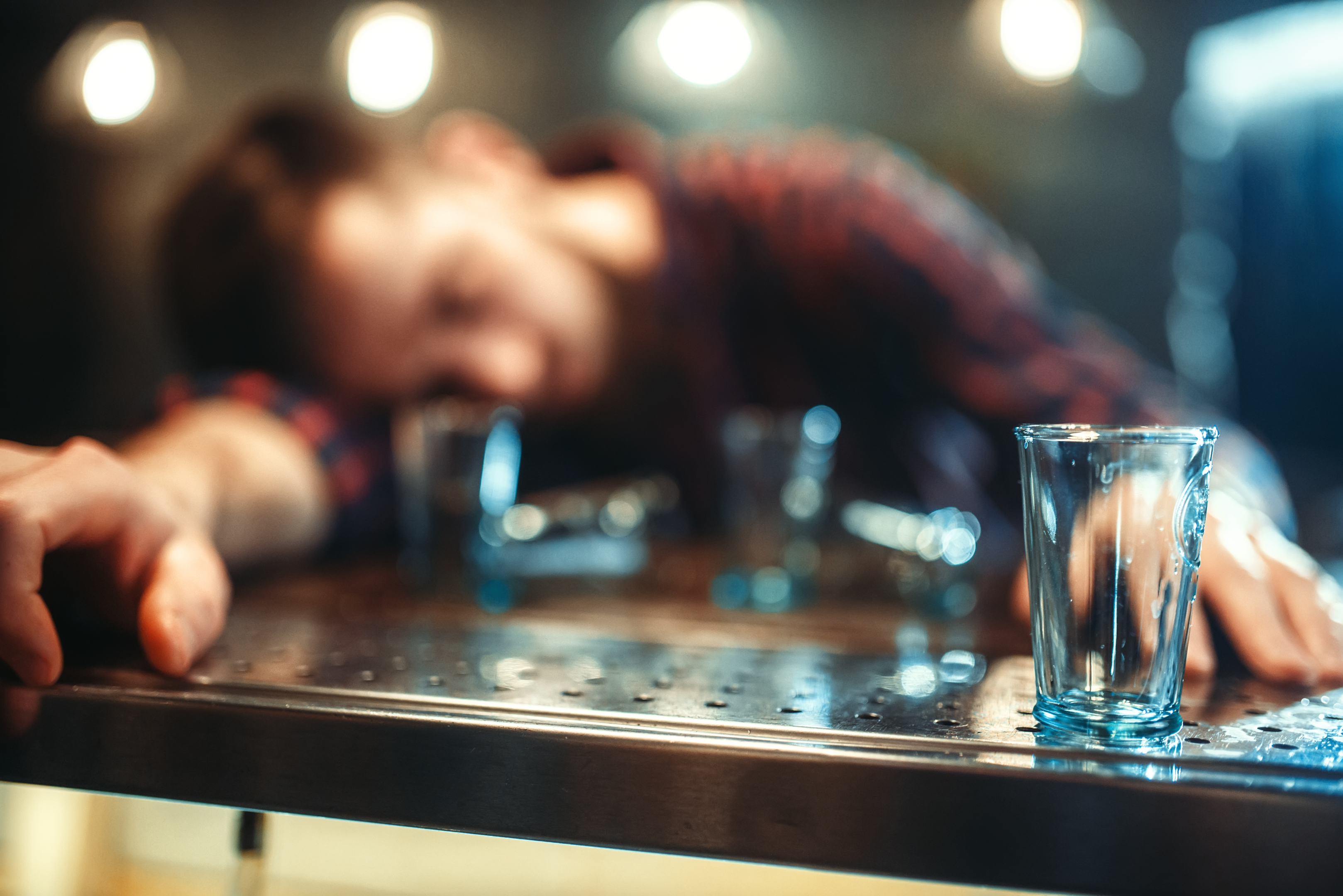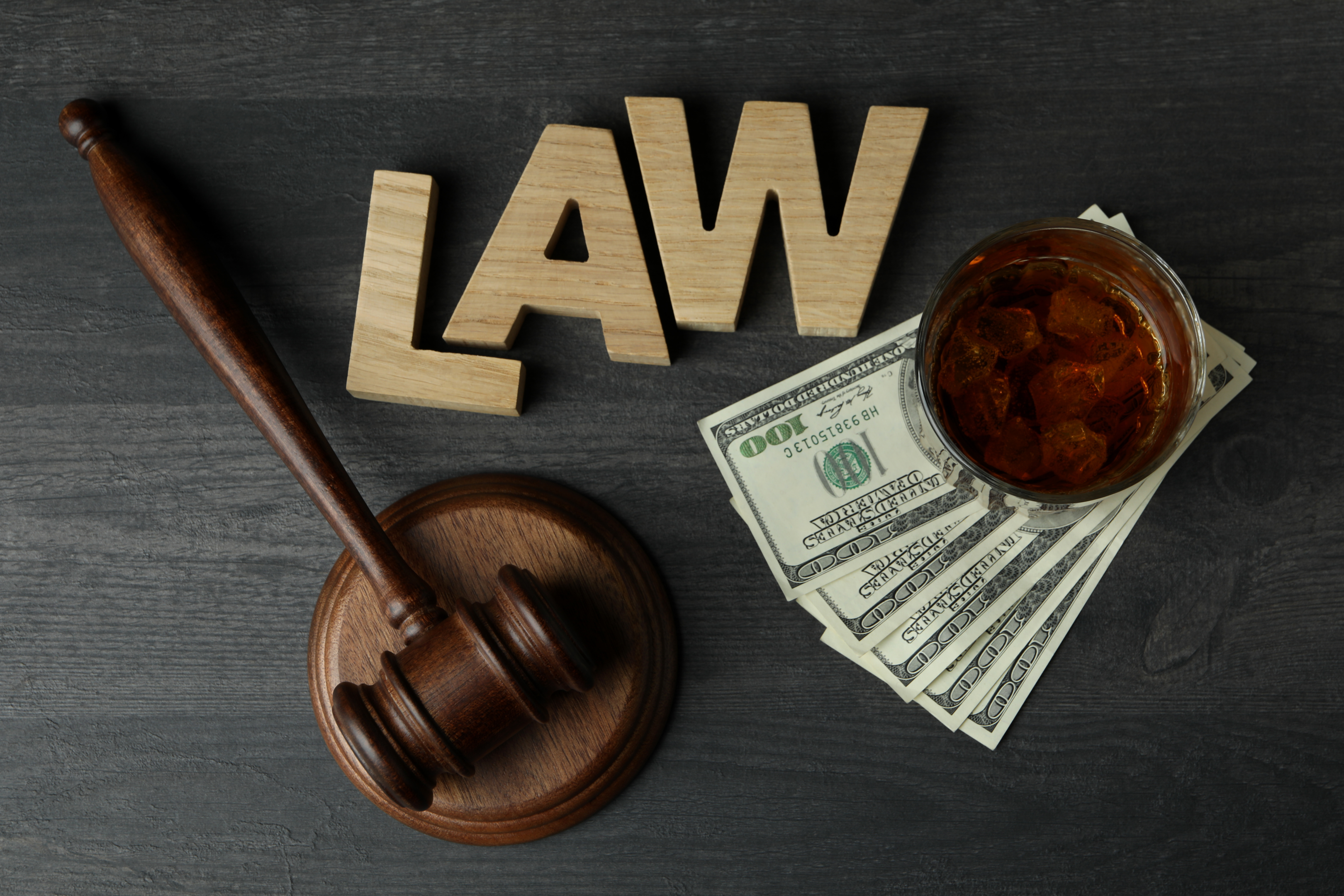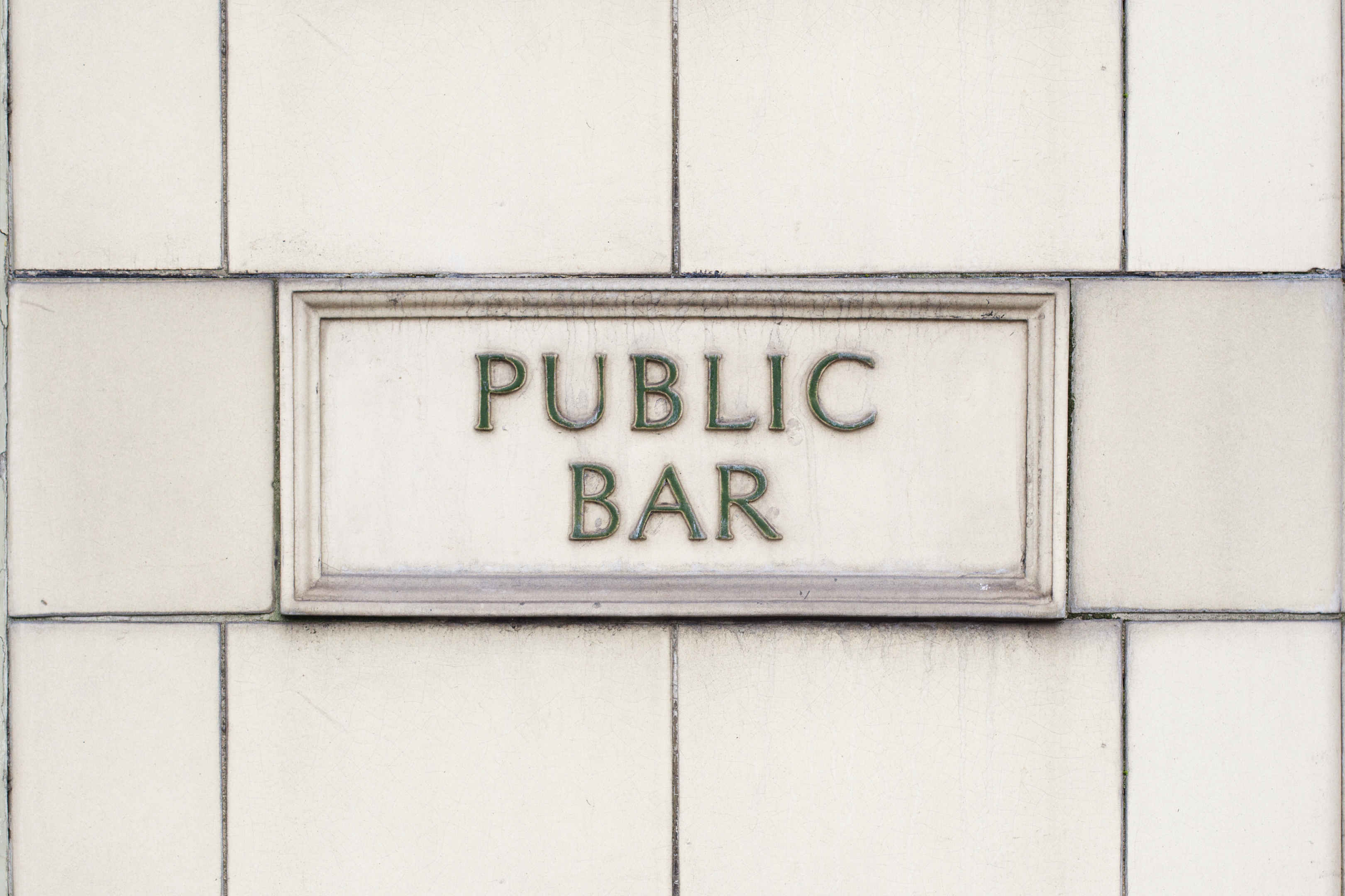How Serious Is a Public Intoxication Charge in California?

Public intoxication is a misdemeanor offense in California that can result in jail time, fines, and other consequences. Being convicted of public intoxication can go on your criminal record and negatively impact future job prospects and other opportunities. While a first-time offense may only result in a fine, repeated convictions or additional charges like disorderly conduct or resisting arrest can lead to increasing penalties. Jail time for public intoxication in California can range from a few hours or days for minor offenses up to 6 months for repeat offenses or those that involve other aggravating factors. Fines up to $1,000 may also be imposed. Overall, while a single public intoxication charge may not be hugely detrimental in the long run, it’s still a criminal offense that should be taken seriously. Avoiding heavy drinking in public and maintaining responsible alcohol consumption can help prevent such charges in California.
Basic Elements of a Public Intoxication Charge
- Being under the influence of alcohol and/or drugs – The person must be intoxicated to a point where they are unable to care for themselves or others. Simply having consumed alcohol is not enough.
- In a public place – This includes any public areas like streets, parks, beaches, restaurants, bars, etc. Being intoxicated in a private residence is not considered public intoxication.
- Displaying dysfunctional behavior – The intoxicated behavior must be conspicuous and clearly connected to impairment from alcohol/drugs. This could include stumbling, passing out, being loud/disorderly, or unable to communicate properly with others.
- Causing a disturbance – The person’s intoxicated state results in disruptive behavior that could potentially infringe on the rights of others using the public space or lead to harm to themselves or others.
- Public safety threat – The intoxicated individual poses some threat to their own health/safety or that of the general public. Driving while intoxicated would be an obvious example.
So in summary, the key components are being noticeably impaired by substances in a public setting, exhibiting impaired behaviors, disturbing others, and presenting a public safety risk. All these elements would need to be present for a public intoxication charge.
Drunk in Public Laws – California Penal Code 647(f)

- It prohibits being intoxicated in public places where you are unable to exercise care for your own safety or that of others.
- Public intoxication is a misdemeanor offense.
- Penalties can include fines up to $1000 and/or jail time up to 6 months.
- It applies to public areas like streets, parks, beaches, sidewalks, businesses, restaurants, bars, parking lots, transportation areas, and anywhere else that is publicly accessible.
- Being intoxicated alone is not enough – you must be unable to care for your own safety or interfering with use of the public space by others.
- Visible signs like stumbling, inability to communicate clearly, loudly disturbing others, passing out, etc can be used as evidence of violation.
- Public drunkenness laws are aimed at preventing disturbances, maintaining public order, and protecting safety.
- Situations that pose danger like drunk driving can result in additional charges beyond 647(f).
- It’s still possible to be charged even if not given a breathalyzer or blood alcohol test. The observed behavior is what matters most.So in essence, these laws prohibit not just intoxication but dysfunctional, disruptive, and unsafe behavior as a result of being drunk in public areas. Following them helps maintain public order.
Do I Need a Lawyer for My Public Intoxication Case?

Having a lawyer for a public intoxication charge in California is not legally required, but can be highly advisable for several reasons:
- A lawyer can look out for your rights and work to get charges reduced or dismissed if there were any improper actions, lack of evidence, or extenuating circumstances. This is key as a conviction can hurt you.
- They understand the full implications of a conviction, including impacts to your criminal record, employment, immigration status, professional licensing, and more. A lawyer can advise you on how to minimize damage.
- They can negotiate with the prosecution on your behalf to obtain lesser penalties, fines, and diversion programs instead of harshest outcomes. This can really help first-time offenders.
- If pleading not guilty, an experienced criminal defense lawyer can effectively challenge the prosecution’s evidence and cast doubt on whether you actually met the standards for a public intoxication conviction.
- They know how to gather exculpatory evidence, find procedural errors, and construct an overall defense to defeat the charges. A strong legal defense is vital.
- Lawyers have experience identifying programs and strategies, like entering rehab, that can lead to charges being dismissed.
So in summary, consulting a criminal defense lawyer helps fully protect your rights, minimize penalties, and build the strongest case possible. Though not absolutely mandatory, it can make a major difference in the outcome.
What Are Examples of Public Spaces in California?

- Streets, sidewalks, highways, alleyways – Any public walkways or roads.
- Parks & beaches – Such as city, state, and national parks as well as public beaches.
- Plazas, squares, boardwalks – Open public areas for recreation and gatherings.
- Public transportation – Buses, trains, subways, transportation hubs.
- Bars, restaurants, clubs – Even though these businesses serve alcohol, they are still considered public spaces.
- Stores, shops, malls – Retail establishments open to the public.
- Sports stadiums, concert venues, theaters – Despite having admission fees, these are public events/locations.
- Hotels, apartment lobbies – The common spaces are public areas.
- Hospitals, clinics, nursing homes – These healthcare facilities have public spaces.
- Common areas of apartment buildings or mobile home parks.
- Public bathrooms, rest stops – Any facilities open to the public.
- Vehicles for hire like taxis, rideshares.
- Areas like parking lots, rest areas, vista points.Essentially any area, indoor or outdoor, that is open to access by the general public would be considered a public space when it comes to public intoxication laws. Private residences are generally the exception.
Presence in a Public Place

For a person to be convicted of public intoxication in California, they must be shown to be present in a public place while intoxicated.
Some key things to note about establishing presence in a public place:
- Simply being on public property is not enough – the area must be open to common, general use by the public. Private establishments like restaurants, bars, or clubs that require paid admission would still qualify as they allow public access.
- The public nature of the area is based on the reasonable expectation of public access, not whether a fee is charged or there are physical barriers. For example, a gated community park may still be considered public if the community allows general public use.
- Public areas can include transportation facilities like buses, train stations, airports which facilitate the safe movement of the public.
- Being inside a car parked on a public street can count as presence in a public place. The same goes for sleeping on a park bench or lying down in a public plaza.
- There is no minimum time requirement – simply being observed intoxicated while walking through a public parking garage could fulfill the ‘presence’ requirement.
- However, very brief transitory passage through an area while intoxicated may not be enough to warrant a charge. Additional factors like causing a disturbance would typically be required.
So in essence, presence means being observable within the public location while in an intoxicated state. This presence provides the potential for danger or disruption even if not actively engaged in problematic conduct.
Public Intoxication: Penalties and Alternatives to Jail
Here are some potential penalties for public intoxication in California as well as alternatives to jail time:
Penalties:
- Up to 6 months in county jail.
- Fines up to $1,000.
- Probation for up to 5 years.
- A criminal record that can impact future employment, loans, and other opportunities.
- Alternatives to Jail:
- Treatment programs – Completing alcohol education, counseling, or rehab can lead to reduced charges or dismissal.
- Community service – May be assigned community service hours in lieu of jail.
- Suspended sentence – Jail time is suspended as long as probation terms and other conditions are met.
- Diversion program – First offenders may be eligible for programs that dismiss the charges after completing classes, treatment, community service etc.
- Fines – The court may assign fines instead of jail time, typically $250-$500 for first offenses.
- Time served – Courts may credit the few hours spent detained when initially arrested as sufficient jail time.
- Plea deals – Prosecutors may offer plea bargains with lesser charges that avoid jail time.
For first-time and non-violent offenders, alternatives to incarceration are often available. An experienced criminal lawyer can help negotiate the best outcome. Jail time is most likely for repeat offenders or cases involving additional charges like resisting arrest.
The Defendant Was in a Jurisdiction Where Public Intoxication Is Not a Crime
Some key points on this defense:
- Not all states or localities have laws that criminalize public drunkenness. Some may have repealed such laws to focus on treatment or have never enacted them.
- In jurisdictions without public intoxication offenses, the behavior itself is not illegal unless it involves other offenses like disorderly conduct or driving under the influence.
- If charged in a jurisdiction that does criminalize it, arguing that you were present in a neighboring jurisdiction where it’s legal when the alleged behavior occurred can invalidate the charges.
- The defense attorney would need to verify the exact location the person was present in and confirm that jurisdiction has no applicable public intoxication laws.
- This geographic technicality defense relies on proving the location was outside the legal authority of the charging jurisdiction regarding that particular offense.
- If the jurisdiction the person was in has decriminalized public intoxication, at most they could be detained until sober but not actually charged or prosecuted.
- The prosecutor has the burden to prove all elements of the crime occurred in the charging jurisdiction. This defense casts reasonable doubt.
In summary, if you can prove you were in a location where the alleged offense isn’t a crime.
The charges should typically not hold. It’s advisable to consult a criminal defense lawyer familiar with the jurisdiction’s laws for guidance.
The Defendant Was in a Private Place
Being in a private place is a potential legal defense against a public intoxication charge in California. Some key points on this defense:
- For a public intoxication charge, the accused must have been intoxicated in a public place. Intoxication on private property is not criminally prohibited.
- A private place is somewhere not freely accessible to the general public like a personal residence, private office building, club with selective membership, etc.
- Simply being accessible to a portion of the public like customers does not necessarily make a location public under the law.
- Areas controlled and restricted by the owner/tenants like apartment buildings, condos, private event venues are considered private spaces.
- The defense would need to establish that the area where the accused was observed intoxicated was indeed private and not open to common public access.
- Signs, gates, membership requirements and lack of general invitation to enter can reinforce the private nature of the space.
- If intoxicated behavior spilled over into an adjoining public area, it may still warrant charges. But presence solely within the private zone provides defense.
- The prosecution bears the burden of proving the location was public. Casting reasonable doubt on that element could defeat the charge.
- A private residence is the most clear-cut example, but various other controlled spaces also qualify as private.
So in essence, if the intoxication occurred in an area legally considered private, the public intoxication charge should not apply based on jurisdictional restrictions and elemental requirements.
Public Intoxication: Your Legal Rights
You can consume alcohol or controlled substances, but if you become visibly intoxicated or impaired in public areas that are accessible to the general public, law enforcement can charge you with public intoxication. This is considered a misdemeanor under city or state laws.
To be charged, officers must witness clear signs of intoxication and behavior that could potentially harm you or others. If it’s your first public intoxication offense, you can avoid jail time by completing substance treatment programs or community service.
In more serious cases, such as driving under the influence (DUI), you have the right to legal representation. This ensures that correct procedures are adhered to during sobriety testing and evidence collection.
If you’re wrongly detained or arrested for intoxication on private property, you can challenge the charges.
While public intoxication laws exist to protect the public.
But you still have rights against unlawful searches, detentions, profiling, or excessive force. You can always choose to remain silent when questioned and have the right to contact an attorney. Understanding your rights ensures due process when facing public intoxication accusations.
Get Professional Legal Help with Your Public Intoxication Charge
If you or a loved one faces public intoxication allegations, contact a criminal defense lawyer immediately. Even a misdemeanor conviction can result in fines, jail time, probation, or community service that can harm your future.
During a free initial consultation, the attorney will assess when and where the incident occurred and if the arresting officer correctly documented signs of public intoxication, such as impaired walking or slurred speech.
An experienced lawyer will also investigate potential rights violations, improper procedures, or insufficient credible evidence under state alcoholic beverage codes or Supreme Court precedent.
Hiring a professional attorney increases the chances of reducing or dismissing charges by challenging the validity and legality of the public intoxication allegations.
Related terms: civil protective custody, public intoxication ca, public intoxication law, controlled substance, local jurisdictions,













